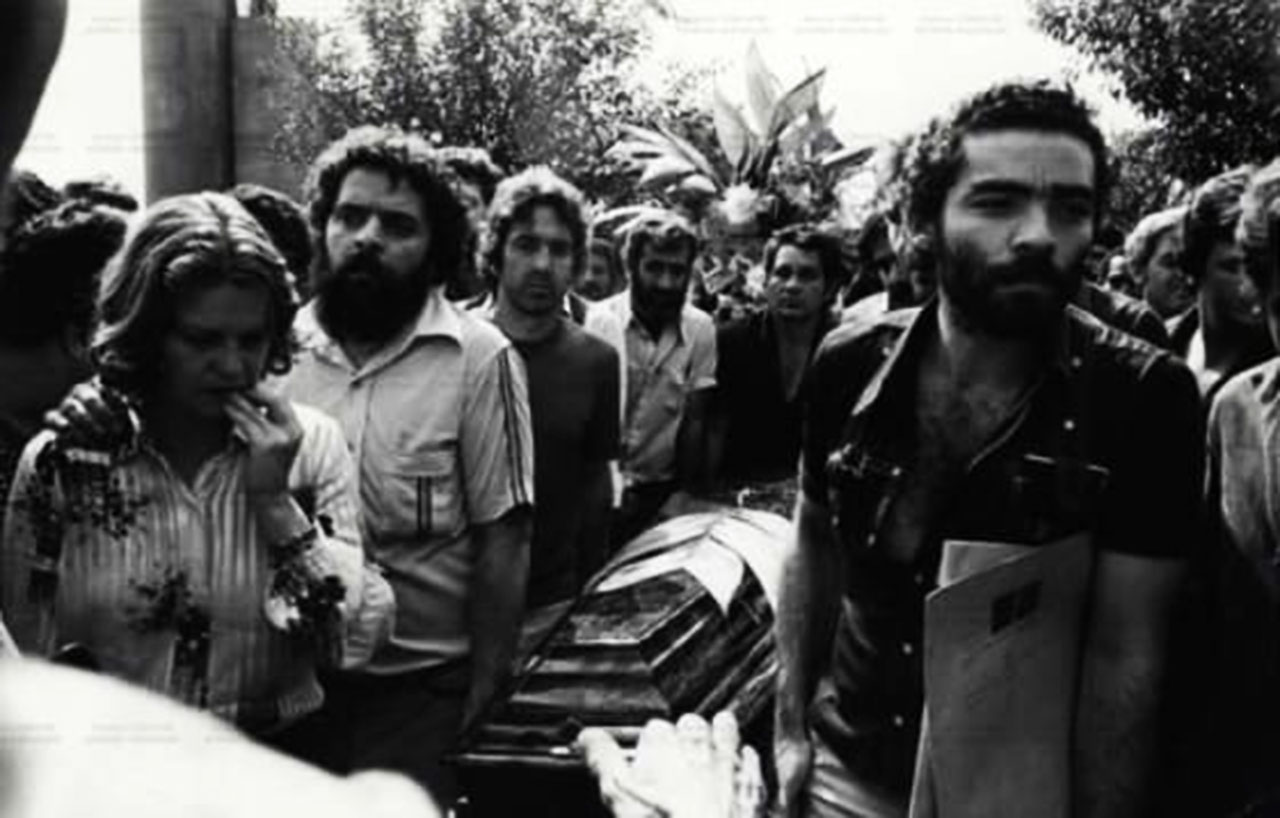Right wing extremist Jair Bolsonaro’s Justice Minister violates article 120 of the Brazilian Criminal Code and denies Lula a right that was respected even during the repressive Military Dictatorship.
by Brian Mier
On January 29, Genival Inácio “Vavá” da Silva died of cancer at the age of 79. Vavá was former President Lula’s older brother and a retired union steelworker who had lived in the same house in the working class industrial suburb of São Bernardo do Campo, on the periphery of Greater São Paulo, for 40 years. That same day, Sergio Moro, the man who illegally removed Lula from the presidential elections in exchange for the Justice Minister post in the right wing extremist government of Jair Bolsonaro, gave orders to his federal police to violate Article 120 of the 1984 Brazilian Penal Code and deny his right to attend his brother’s funeral. Critics of the judge-turned-politician were quick to point out the irony that even the Brazilian Military Dictatorship (1964-1985) respected this right. When Lula was unjustly imprisoned in 1980, he was allowed to attend the funeral of his mother, who passed away while he was behind bars.
Article 120 of the Brazilian Criminal Code clearly states that prisoners have the right to leave prison, under escort, in cases of “death or serious illness of spouse, significant other, child, parent or sibling.” On January 29th upon hearing the news, Lula’s defense team filed a request for him to attend the funeral. Justice Minister Moro’s protege in the local Curitiba court, Juliana Lebbos, immediately moved to block the request, telling a blatant lie that all of the police helicopters were in Brumadinho, Minas Gerais assisting in search and rescue efforts (a claim that cannot be backed up by any news reports of the search and rescue effort). São Paulo governor and former Brazilian Trump Apprentice reality TV star João Doria announced that the Brazil’s wealthiest state government did not have the resources necessary to provide security for Lula at his brother’s funeral. Finally, under orders from Lula’s former prosecutor/judge, current Justice Minister Sergio Moro, the Federal Police announced that he would not be able to attend the funeral.
The logistics behind any possible funeral visit further illustrate the arbitrary and political nature of Luiz Inácio Lula da Silva’s imprisonment. He was not tried, convicted and imprisoned in the State where any alleged crime was committed. Even if the Guarujá, São Paulo apartment that Moro was not able to prove Lula ever owned did in fact belong to Lula; even if the quid pro quo which Moro unsuccessfully argued took place (after Lula left office) had actually happened; even if Moro had been able to prove (to himself) that any specific act of corruption was committed, all of the issues that were ruled on took place, geographically, out of his jurisdiction in a neighboring state. If Lula were held in the state where the “undetermined acts of corruption” allegedly took place, the logistics of enabling him to attend his brother’s funeral would be much easier to comply with. As is however, he continues to rot away behind bars with more and more of his human rights denied by a right wing and sadistic local judiciary, as Justice Minister Sergio Moro bends over backwards to protect the Bolsonaro family from multiple allegations of money laundering with the Rio de Janeiro paramilitary militia that is under investigation for the assassination of City Councilwoman Marielle Franco and her driver Anderson.
photo caption: 1980 – Neofascist Military government allows Lula to leave prison to attend mother’s funeral
[qpp]

